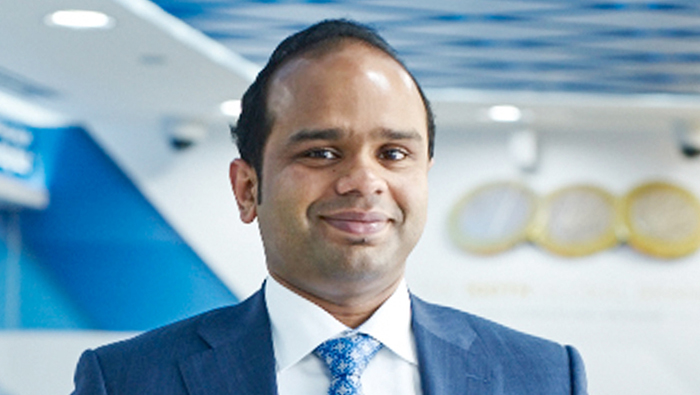
Muscat: Lulu Exchange, a leading foreign exchange and remittance company, announced that it has entered into an agreement to acquire 100 per cent ownership of the Al Falah Exchange Company in the United Arab Emirates (UAE), on Tuesday.
This is the company’s first of its kind large-scale acquisition in the UAE, making Lulu Exchange the second largest player in the Gulf Cooperation Council (GCC). With this acquisition, Lulu Exchange’s total branch count goes up by 30 branches to reach 73 in UAE and 170 globally.
“We are very excited with this new acquisition, which will help us further consolidate our network of branches, thereby serving a much bigger customer segment. I would like to express my gratitude to the regulators and government entities for their continued support,” said Adeeb Ahamed, managing director, Lulu Exchange.
Launched eight years ago in Abu Dhabi, Lulu Exchange currently operates in Oman, Kuwait, Qatar, Bahrain, India, Bangladesh, Philippines and Seychelles.
“Our short-term goal (three years) is to expand our footprint across South East Asia, followed by Europe. We are also looking to tap newer markets, both regionally and globally,” added Ahamed, while elaborating on the company’s expansion plan.
“Being a highly service-oriented business, reach is of paramount importance; hence we believe that acquisitions are very integral to growing our numbers. I am pleased that our level of acquisition activity has picked up in the past five years, during which time we have added more than 80 branches to our portfolio and we are constantly on the lookout for opportunities that will further bolster our reach and network,” explained Ahamed.
“Emerging technologies are driving change in the financial services industry and we are constantly innovating our method of doing business. Our digital app is in its advanced stage of development and it will encapsulate all services that are available in our brick and mortar branches. We are currently awaiting final approval from various regulators. Effectively, we aim to move 30 per cent of our transactions on to the digital platform by 2020.”